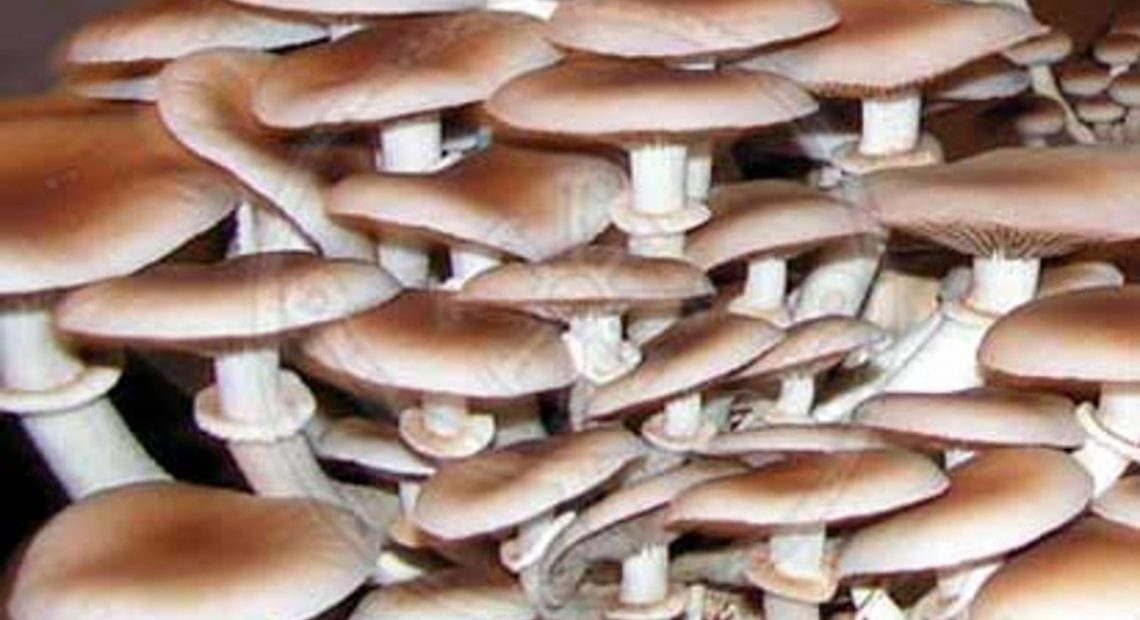

All mushrooms are fungi and they produce spores, similar to pollen or seeds, which allows them to spread or travel by the wind. The rest of the mushroom then matures, typically living in soil or wood.
There are many different types of mushrooms, some of which are edible including well-known species such as button, oyster, porcini and chanterelles.
There are, however, many species that are not edible and can, in fact, cause stomach pains or vomiting if eaten, and in some cases could be fatal, such as the common death cap mushroom.
All types of edible mushrooms contain varying degrees of protein and fibre.
They also contain B vitamins as well as a powerful antioxidant called Selenium, which helps to support the immune system and prevent damage to cells and tissues.
In particular, white button mushrooms are one of the non- animal sources of vitamin D. When they are grown, whether indoor or outdoor, they are exposed to UV light which increases their concentration of vitamin D.
Mushrooms are being increasingly researched and used for their important health benefits with different varieties having different medicinal properties.
In particular, certain varieties of mushrooms have been shown to have potential in protecting against cancer by protecting our cells against DNA damage but also inhibiting tumour formation.
There is also some that they may be beneficial in the treatment and management of neuro-degenerative disease such as Alzheimer’s.
Mushrooms have been shown to have some therapeutic properties that can help to lower cholesterol, particularly in overweight adults, as well as phytonutrients that can help prevent cells from sticking to blood vessel walls and forming plaque build-up. This in turn then helps protect the heart by maintaining healthy blood pressure and circulation.
Titilayo Kupoliyi